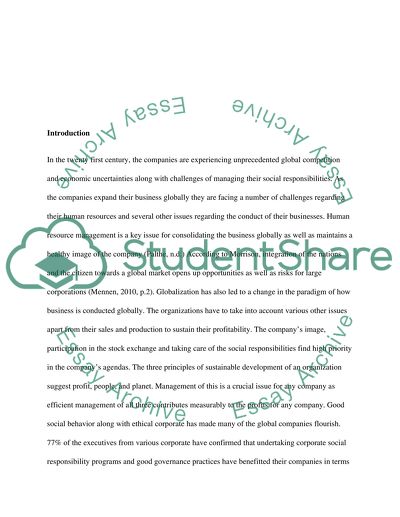Cite this document
(“Global Business Essay Example | Topics and Well Written Essays - 3000 words”, n.d.)
Retrieved from https://studentshare.org/environmental-studies/1422410-global-business
Retrieved from https://studentshare.org/environmental-studies/1422410-global-business
(Global Business Essay Example | Topics and Well Written Essays - 3000 Words)
https://studentshare.org/environmental-studies/1422410-global-business.
https://studentshare.org/environmental-studies/1422410-global-business.
“Global Business Essay Example | Topics and Well Written Essays - 3000 Words”, n.d. https://studentshare.org/environmental-studies/1422410-global-business.


